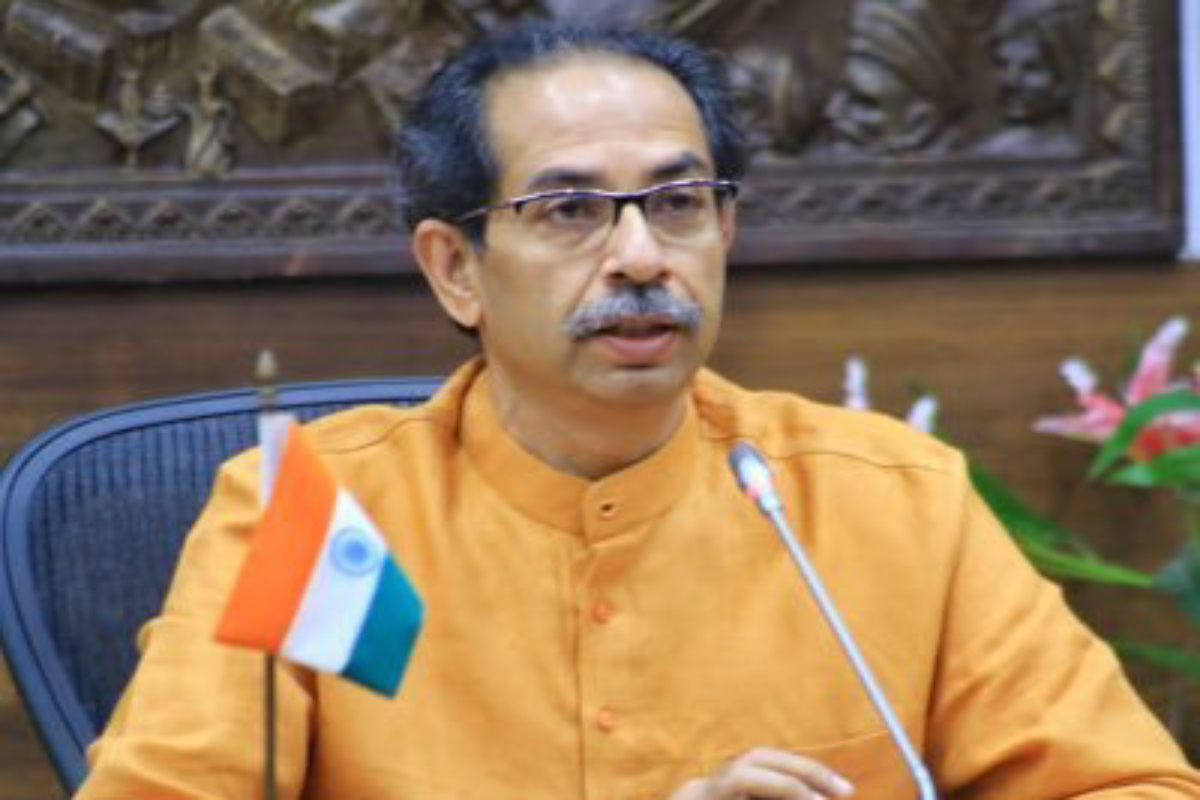In a moral victory for the Uddhav Thackeray-led faction of the Shiv Sena, the Supreme Court on Thursday faulted former Maharashtra Governor Bhagat Singh Koshyari for asking Mr Thackeray, then the Chief Minister, to face a floor test when there was no objective material before him to draw the conclusion that Mr Thackeray had lost the confidence of the House.
The court, however, refused to put the clock back and reinstate Mr Thackeray as chief minister.
“The Governor was not justified in calling upon Mr. Thackeray to prove his majority on the floor of the House because he did not have reasons based on objective material before him, to reach the conclusion that Mr. Thackeray had lost the confidence of the House.
Advertisement
However, the status quo ante cannot be restored because Mr. Thackeray did not face the floor test and tendered his resignation,” said the five-judge Constitution Bench headed by Chief Justice D Y Chandrachud. Stating that they cannot quash the resignation by Mr Thackeray which he had tendered voluntarily, the five-judge Constitution Bench, also comprising Justice M R Shah, Justice Krishna Murari, Justice Hima Kohli and Justice Pamidighantam Sri Narasimha said: “The Governor was justified in inviting Mr Eknath Shinde to form the government.”
The Thackeray camp had sought the court’s intervention to restore the status quo ante in the case. Noting that there was no objective material before Governor Koshyari to ask Mr Thackery to face floor test, the Bench pointed out that the only thing that the Governor had with him was the 21 June 2022 resolution by MLAs loyal to Mr Shinde expressing discontent. There was nothing in the resolution to show that they wanted to exit the government or that they wanted to withdraw support from the government, the constitution bench said, noting that some of the MLAs were ministers in the Thackeray-led Maha Vikas Aghadi government. Floor tests cannot be used to resolve inter or intra-party disputes, the court said.
The MLAs’ statement that there was a threat to their life and liberty or that they did not have adequate security was not a reason to conclude that a government had fallen, the Bench said, holding: “This was an extraneous reason that was considered by the Governor.”
Holding that the Governor’s discretionary powers are for explicitly stated subjects in the Constitution, the Bench said that the opposition or BJP leader Devendra Fadnavis could have moved a vote of no-confidence but they did not. The Governor did not have any objective material, and exercise of discretion of the Governor in this case was not in accordance with law, the court concluded.
The Bench said that it was referring to the Nabam Rabia ruling by an earlier five-judge Bench to a larger 7-judge Bench. In the Nabam Rabia judgement the court had ruled that the Assembly Speaker cannot proceed with a plea for disqualification of MLAs if a prior notice seeking his removal is pending decision in the House.
The court also said that the Speaker’s decision to appoint a member of the Shinde camp as the Shiv Sena’s whip was illegal as it was the political party and not the legislature party that appoints the whip and its leader to lead the legislature party. “The political party and not the legislature appoints the Whip and the Leader of the party in the House. Further, the direction to vote in a particular manner or to abstain from voting is issued by the political party and not the legislature party.”, the court said while making it clear that the edifice of the 10th Schedule of the Constitution for curbing defection was party centric.











